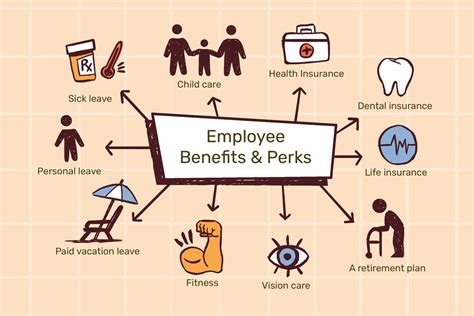How to boost testosterone naturally for improved energy and drive?

Understanding Testosterone’s Role in Energy and Drive
Testosterone, often dubbed the “male hormone,” plays a pivotal role far beyond just reproductive health. In both men and women, adequate testosterone levels are crucial for maintaining energy, mood, muscle mass, bone density, and libido. As we age, testosterone levels naturally decline, which can lead to symptoms like fatigue, reduced motivation, weight gain, and decreased drive. The good news is that several natural strategies can help optimize your body’s testosterone production, revitalizing your energy and overall zest for life.

Optimize Your Diet for Hormone Health
What you eat profoundly impacts your hormonal balance. To naturally support testosterone production, focus on a diet rich in whole, unprocessed foods.
Prioritize Healthy Fats
Dietary fats are essential for hormone synthesis. Incorporate sources like avocados, nuts (almonds, walnuts), seeds (chia, flax), olive oil, and fatty fish (salmon, mackerel) into your daily meals. Studies show that diets too low in fat can negatively impact testosterone levels.
Ensure Adequate Protein Intake
Protein is vital for muscle growth and repair, which indirectly supports testosterone. Aim for lean protein sources such as chicken, turkey, eggs, lean beef, and plant-based options like lentils and beans.
Boost Zinc and Vitamin D
These two micronutrients are critical for testosterone production. Foods rich in zinc include oysters, red meat, and beans. For Vitamin D, sun exposure is key, but dietary sources like fortified dairy, fatty fish, and egg yolks can also contribute. Consider supplementation under professional guidance if deficiencies are suspected.
Limit Sugar and Processed Foods
High sugar intake and processed foods can lead to insulin resistance and inflammation, both of which can disrupt hormone balance and lower testosterone.

Embrace Strength Training and Smart Exercise
Regular physical activity, particularly specific types of exercise, is a potent natural testosterone booster.
Lift Heavy Weights
Resistance training, focusing on compound movements like squats, deadlifts, bench presses, and rows, has been consistently shown to increase testosterone levels. Aim for challenging weights and moderate repetitions to stimulate muscle growth and hormonal response.
Incorporate High-Intensity Interval Training (HIIT)
Short bursts of intense exercise followed by brief recovery periods can also effectively elevate testosterone, alongside improving cardiovascular health and fat loss.
Avoid Overtraining
While exercise is beneficial, excessive or prolonged cardio without adequate recovery can elevate cortisol (a stress hormone) and actually suppress testosterone. Find a balanced routine that allows for sufficient rest and recovery.

Prioritize Quality Sleep
Sleep is not merely rest; it’s a critical period for hormone regulation and recovery. Chronic sleep deprivation is a major culprit in low testosterone.
Aim for 7-9 hours of high-quality sleep per night. During deep sleep cycles, your body produces the majority of its daily testosterone. Improve your sleep hygiene by sticking to a consistent sleep schedule, creating a dark and cool bedroom environment, and avoiding screens before bed.

Manage Stress Effectively
Chronic stress significantly impacts testosterone levels by increasing cortisol. Cortisol and testosterone have an inverse relationship; when cortisol rises, testosterone tends to fall.
Implement stress-reduction techniques into your daily routine. This could include meditation, yoga, deep breathing exercises, spending time in nature, or engaging in hobbies you enjoy. Effectively managing stress is crucial for maintaining overall hormonal balance.

Other Key Lifestyle Factors
Beyond diet, exercise, sleep, and stress, a few other lifestyle choices can influence your testosterone levels:
- Sunlight Exposure: Regular, safe exposure to sunlight helps your body produce Vitamin D, which is directly linked to testosterone production.
- Limit Alcohol Consumption: Excessive alcohol intake can disrupt the endocrine system and lead to lower testosterone.
- Maintain a Healthy Weight: Obesity, especially abdominal fat, is strongly associated with lower testosterone levels. Losing excess weight can significantly improve your hormonal profile.
Conclusion
Boosting testosterone naturally is not about a single magic pill but rather a holistic approach to a healthier lifestyle. By consistently implementing strategies for optimal nutrition, effective exercise, sufficient sleep, and stress management, you can empower your body to produce more testosterone. This will not only enhance your energy levels and drive but also contribute to improved mood, body composition, and overall well-being. Consult with a healthcare professional before making significant changes to your diet or exercise routine, especially if you suspect a hormonal imbalance.









